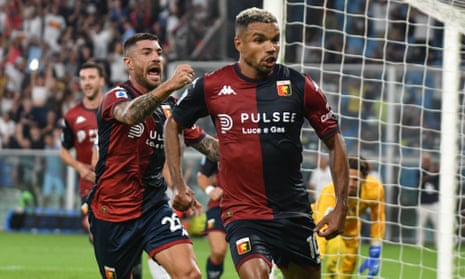
In the intricate and often opaque world of European football governance, politics and sport are inextricably linked. Nowhere is this more evident than in the corridors of UEFA, the governing body that oversees football across the continent. Amidst ongoing geopolitical tensions, the influence of Russian officials within UEFA continues to be a point of contention and intrigue.
The Persistent Influence of Russian Officials
Despite facing various bans and international condemnation due to geopolitical conflicts, Russian officials, notably Alexander Dyukov, maintain a significant presence within UEFA. Dyukov, who is closely associated with Russian President Vladimir Putin, has managed to retain his influential role within the organization, raising eyebrows across the footballing world.
This enduring influence can be traced back to UEFA's intricate political dynamics, where power is often wielded behind the scenes. Russian officials have historically been adept at navigating these waters, ensuring that their voices are heard and their interests protected. This has allowed them to maintain a foothold in UEFA, despite the broader political climate that might suggest otherwise.
The Roles and Responsibilities
Russian officials within UEFA are not just figureheads; they occupy roles that are critical to the functioning of European football. These positions allow them to participate in decision-making processes that affect everything from tournament organization to disciplinary actions.
The role of Alexander Dyukov, for instance, extends to being a part of committees that have a say in the allocation of resources and the formulation of strategies. Such positions of power enable Russian officials to influence decisions that could potentially benefit their national football interests, sometimes at the expense of other nations.
Implications for European Football Governance
The continued presence of Russian officials within UEFA has significant implications for the governance of European football. It raises questions about the ethical considerations of allowing individuals with close ties to controversial political regimes to hold sway in international sports organizations.
This situation also underscores the challenges UEFA faces in maintaining its integrity and independence amidst external political pressures. The organization's attempts to remain politically neutral are often tested by the complex web of alliances and influences that characterize its internal dynamics.
Broader Political Dynamics
The influence of Russian officials in UEFA cannot be viewed in isolation. It is part of a broader pattern where sports are used as a tool for political leverage. In recent years, we have seen numerous instances where football has been at the center of geopolitical struggles, with countries using their involvement in the sport to exert soft power and influence international perceptions.
This intertwining of politics and sports presents a dilemma for organizations like UEFA, which must balance their sporting objectives with the political realities of the world in which they operate. The presence of influential Russian figures within UEFA is a testament to the complexities involved in navigating this landscape.
Conclusion: A Precarious Balance
As UEFA continues to grapple with these challenges, the role of Russian officials within the organization remains a focal point for discussion and debate. Their influence is a reminder of the delicate balance that must be struck between sports governance and geopolitical considerations.
For UEFA, the path forward involves not only addressing these internal dynamics but also ensuring that its governance structures remain robust and transparent. This will be critical in safeguarding the integrity of European football and ensuring that the beautiful game remains a unifying force, free from the divisive forces of politics.

In conclusion, the political dynamics at play within UEFA underscore the broader challenges facing international sports governance today. As the organization navigates these turbulent waters, the eyes of the footballing world remain firmly on its corridors, where the game of football is as much about politics as it is about sport.
